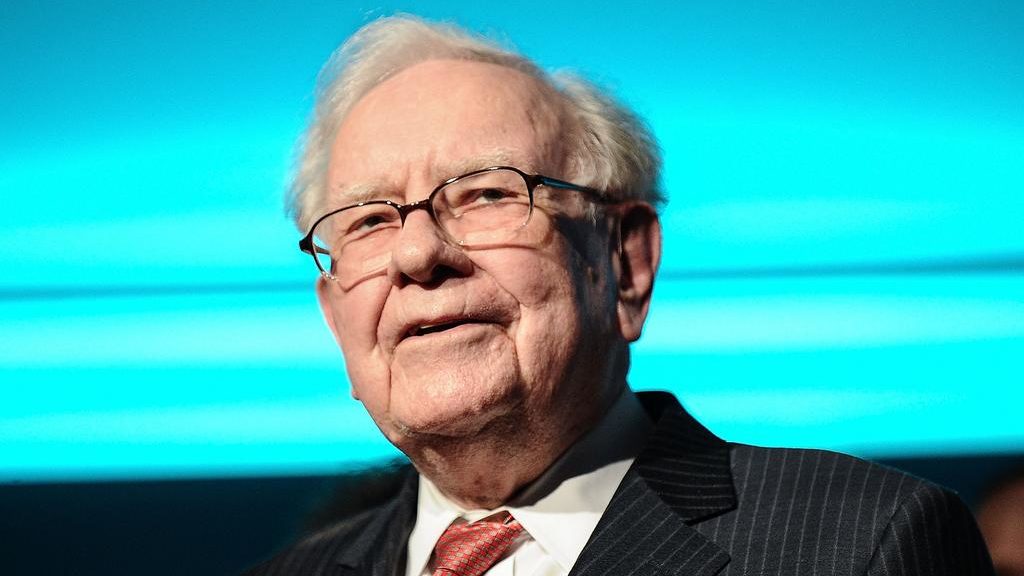Article originally published on the Philadelphia Business Journal on April 11, 2022. Revised 6:00 pm.
I have written extensively on the importance of ethics and integrity in business during seven plus years as a weekly columnist on leadership for the Philadelphia Business Journal.
One must wonder why ethical breaches occur as often as they do, given the extensive reputational damage they can cause.
A vivid example of reputational damage caused by unethical and illegal behavior occurred in 1991. Major investment bank Salomon Brothers Inc. didn’t make a timely disclosure to its board or federal regulators of illegal acts committed by two of its traders of U.S. government securities. Both individuals were terminated. An October 1997 Fortune Magazine article by Carol Loomis chronicles the chilling events that nearly led to Salomon’s bankruptcy.
Due to the delayed disclosure, the Federal Reserve Bank of New York initially banned Salomon from participating in the auction of securities issued by the U.S. government. This would have signaled a loss of confidence in Salomon, leading to the firm’s certain bankruptcy. It was through the efforts of Warren Buffett, chairman of Berkshire Hathway, a director on the Salomon board and a highly respected business leader who had a reputation of ethics, honesty and integrity, that the FRB reversed its decision.

The senior leaders at Salomon Brothers who delayed disclosing the illegal trading activities either resigned or were terminated. Buffett was appointed by the Salomon board as interim Chairman not only to lead the firm, but to also change the tone at the top.
So, what message did Buffett communicate to Salomon Brothers employees regarding his ethical expectations? Shortly after his appointment as interim chairman, Buffett testified before the House Subcommittee on Telecommunications and Finance at which he apologized for Salomon’s illegal actions. On the subject of ethics and integrity, Buffett said:
After they first obey all rules, I then want employees to ask themselves, whether they are willing to have a contemplated act appear the next day on the front page of their local [news]paper, then be read by their spouses, children and friends … If they follow this test, they need not fear my other message to them. Lose money for the firm, and I will be understanding. Lose a shred of reputation for the firm, and I will be ruthless.
Well stated, Mr. Buffett. All CEOs should communicate this type of message to their employees.
Political leaders and members of the judiciary need to be held to the same ethical standards as business leaders. Too often, we read about political leaders being indicted for committing illegal acts, for self-dealing or violating conflict of interest laws. They believe that their constituents will not hold them accountable for unethical acts when they are up for reelection. Judges must be held to the highest of conflict of interest standards by recusing themselves to prevent a loss of confidence in our judicial system.
In his departure comments from the U.S. State Department, Rex Tillerson, former chairman and CEO of Exxon Mobil and former secretary of state said, “Never lose sight of your most valuable asset, the most valuable asset that you possess – your personal integrity.”
Tillerson continued, “Only you can relinquish [your integrity] or allow it to be compromised. Once you’ve done so, it is very, very hard to regain it. So guard it as the most precious thing you possess.” Wise words from Rex Tillerson.
Stan Silverman is founder and CEO of Silverman Leadership and author of “Be Different! The Key to Business and Career Success.” He is also a speaker, advisor and widely read nationally syndicated columnist on leadership, entrepreneurship and corporate governance. He can be reached at Stan@SilvermanLeadership.com.

